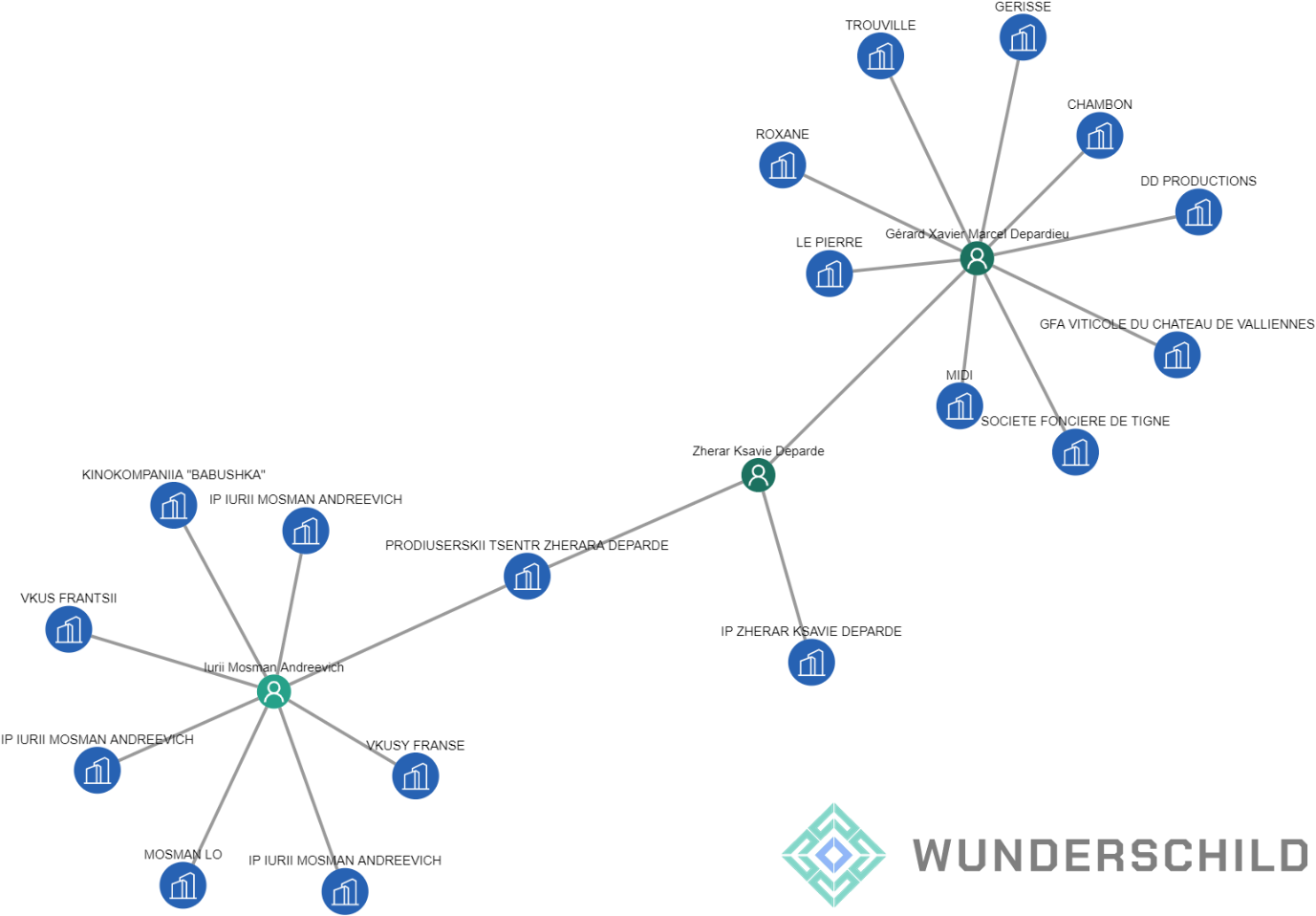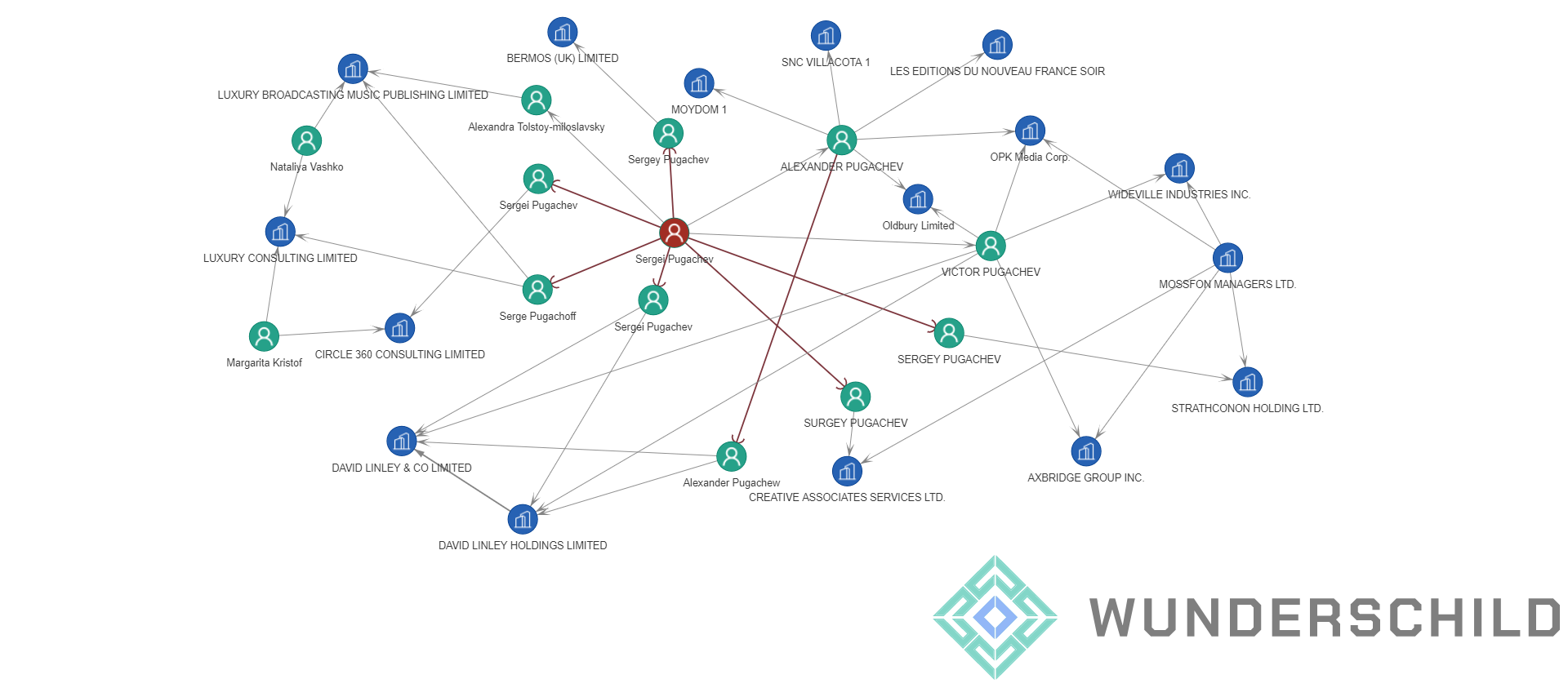
The European Union, the US, Canada, and Great Britain have issued a set of sanctions against Belarus over repressed protests amid controversial elections in 2020. The Russian Federation has been under sanctions since 2014, but implementing these sanctions consistently across a wide range of industries is not an easy task. Many institutions got caught in the web of sanctions' violations. Are there any specific challenges when dealing with entities and persons from the ex-Soviet spaces?
There are many challenges when assessing and investigating counterparties from ex-Soviet countries. The most underrated problem is the transliteration of names written in languages using the Cyrillic alphabet. An example that speaks for itself is that of French actor Gérard Xavier Depardieu, who obtained Russian citizenship in 2013. His name translates in Russian as Жерар Депардьё or Жера́р Ксавье́ Депардьё. The French transliteration of the Russian version is Zherar Ksavie Deparde. The two versions of the name are hugely different, and in fact, in such a situation, another identity is created. If we add in the picture the cases of persons with three or four passports, including Ukrainian or Israeli, the likelihood of encountering multiple names attached to the same face increases.

Transliteration is a real weapon facilitating the creation of multiple identities. In other words, versions of the same person's name in various languages allow them to create different identities. The following names: Vladimir Plahotniuc, Plahotniuc Vladimir Gheorghievici, Vlad Ulinici, Vladimir Ulinici, Влад Володимир Плахотнюк (in Russian), Владимир Георгиевич Плахотнюк (in Ukrainian) depict the same person, a controversial Moldavian businessman. For example, the US State Department officially mentions him for his involvement in significant corruption.
When assessing such persons, it is impossible to build a fully-fledged picture of their interests and connections, without a useful multilingual name matching tool.
In such situations, the traditional onboarding methods using face recognition would not provide the entire truth behind a person. Building a sound process that can correctly identify all versions of a name transliterated into several languages requires advanced methods using artificial intelligence.
“Be yourself; everyone else is already taken.”
Oscar Wilde
Assessing HNWI: The Pugatchevs
High Net Worth Individuals(HNWI) are the bread of private bankers and the headache of compliance managers. The source of wealth and the actual beneficiaries of the wealth are only a few of the issues that should be addressed by compliance. Moreover, in most cases, behind a person deemed as an HWNI, there is, in fact, a network of HNWIs. This network involves persons and companies spread over multiple jurisdictions. Moreover, most HNWIs own several passports, thereby being able to create different identities.
As an example, the name of Russian oligarch Sergei Pugachev (Сергей Викторович Пугачёв in Cyrillic) has several versions in languages using the Latin alphabet, including Sergei Pugachev, Sergei Pugacheff, Serge Pugachoff, Sergey Pugachyov or Sergey Pugachyov.
The once-powerful Russian oligarch felt in Moscow's disgrace, is the key person of a global network with interests in France, the United Kingdom, Russia, Bahamas and Panama. The companies incorporated in multiple jurisdictions are in his name or connected to his wife Alexandra Tolstoi or his sons Victor and Alexander.
Obviously, having the Pugachevs as clients can be a lucrative business for a private bank but can unfold unpredictable outcomes.

Word on the Street: Yakuza Papers
Over the past five years, Japan's anti-social groups known as Yakuza went through a devastating war. The National Police Agency was more concerned with mitigating the conflict between the various factions than investigating their crimes. Everything started in 2015 when the Kobe-based faction of the Yamaguchi-gumi family returned the cup of sake to the upper bosses. A war erupted cinematically between the loyalists and the Kobe separatists. Are there any repercussions of this war beyond the street underworld?
Yes, there are because Yamaguchi-gumi is not just another violent street-gang but represents since the late 1970s Japan's leading group involved in financial crime. Japan is, in many ways, the cradle of modern financial crime. One of the oldest recordings of criminal activities in the sector of capital markets is without any doubt the "Sokaiya". Sokaiya gained momentum during the Japanese economic expansion and was one of Yakuzs's leading services. Sokaiya-gangs were used by companies' boards to manipulate and control shareholders' meetings. Typically, Sokaiya prevented legitimate shareholders from asking questions that could embarrass the company's directors, either by direct intimidation or by shouting down the questioner from the floor. They also ensure that the shareholders' votes went smoothly in the direction wanted by the company. In addition, yakuza groups acquired shares that entitled them to assist in shareholders' meetings and receive remuneration for their services. Despite being outlawed in 1982, the practice was used until late 1990. Major Japanese companies were involved in sokaiya scandals (Ito-Yokado, Nomura, Niko, Daiwa, Sumitomo, etc.)
Since those times, Yakuza's methods have become more sophisticated, and its operations encompass the futures markets, commodities, forex and cryptocurrencies.
The disintegration of Japan's biggest organised crime group could soon lead to a multiplication of financial crimes. The newly formed syndicates will try to replicate the illegal schemes to ensure their funding.
We might finally see a new episode from Kitano's movie trilogy "Autorage" about Japan's underworld.